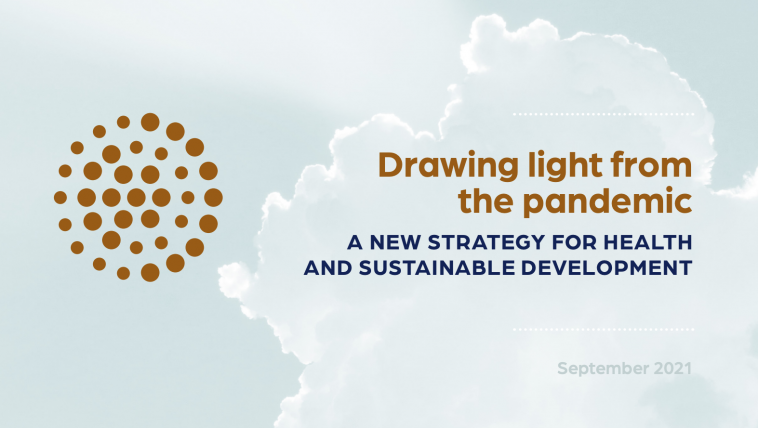WHO and partners launch a new report on health and sustainable development
As the global voice for women's health, FIGO recognises the vision required to develop actionable policy recommendations in response to the COVID-19 pandemic, backed by robust scientific evidence. We commend the World Health Organization (WHO), the Regional Director for Europe and the Pan-European Commission on Health and Sustainable Development for the publication of a new report today – Drawing light from the pandemic: A new strategy for health and sustainable development.

The report clearly acknowledges the inequalities within and between countries that were made more evident by the pandemic. It proposes forward-looking strategies that build a more just health system.
FIGO concurs with the findings of the report – that this pandemic must be a catalyst for fundamental and systemic change and nowhere is that need more critical than in women’s health. Women are particularly vulnerable in natural disasters, and this has held true with the COVID-19 pandemic. Systems the world over have experienced challenges to the provision of routine and basic health care needs, sexual and reproductive rights, and safe and respectful maternity care.
As the report states, women have experienced the majority of the secondary effects of pandemic, including social, economic and non-COVID-19 related health impacts. Women represent 70% of the global health workforce, and thus have been on the front lines of the pandemic, directly caring for those infected with the disease. As a result, women absorbed the majority of unpaid and paid labour – many health care workers in low-income settings have been underpaid or unpaid.
FIGO supports the recommendation that governments must minimise the disproportionate impact of epidemics on women, and must include data on such effects within their WHO reporting.
Read the full report on the WHO website.